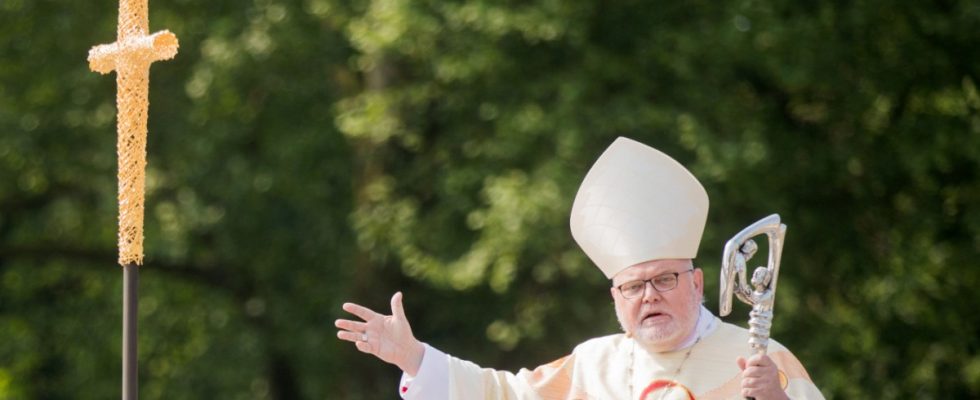The Archdiocese of Munich and Freising wants to reorganize itself and combine the currently 40 deaneries into 18. The plan is scheduled to be implemented on January 1, 2024. Christoph Klingan, the Vicar General of the Archbishop of Munich and Freising, announced this at the autumn general meeting of the Diocesan Council of Catholics in Munich.
According to the archdiocese, the restructuring is intended to strengthen the middle level of pastoral care. The opportunity for volunteers to have a say should be enhanced, said Klingan. Pastoral staff and lay councilors should have the opportunity to propose candidates for the leadership of the new deaneries. The team, which works under the leadership of the dean, also includes volunteers from the dean’s council. “A management level should be created that is closer to the specific situation on site,” said Klingan.
Organizational changes are also planned. In the future, the dean should no longer be elected, but rather appointed by the archbishop. The archbishop can use the suggestions submitted. There should also be a transition period, as the term of office of the current deanery councilors does not end until spring 2026. A working group should discuss how this is compatible with the planned reorganization on January 1, 2024. The plan is for all elected deanery councilors to remain in office until the next parish council election.
The Diocesan Council of Catholics is the highest lay body in the archdiocese. Around 160 delegates took part in the autumn general assembly. On this occasion, the plan was also presented to establish a new body in the archdiocese that would advance reform issues; the working title for this is “Synodal Conference”.
The existing committees – Diocesan Council, Diocesan Tax Committee, Priests’ Council and Bishops’ Council – should send representatives to the synodal conference, which should have an equal number of full-time and volunteer staff. The archbishop should preside, but he has no voting rights. Vicar General Christoph Klingan and Stephanie Herrmann, the head of the archdiocese, are also planned as members.
The concept stipulates that the synodal conference makes recommendations to the archbishop, which were approved by a majority. As an example of a topic that could be discussed, Armin Schalk, the chairman of the diocesan council, cited his committee’s request to also commission non-ordained pastors to carry out the preaching service in Eucharistic ceremonies.
“I am glad that we are not sitting there and waiting for something to happen with regard to the synodality in Germany and Rome, but that we are on the move together, looking for solutions that are suitable for our archdiocese,” said Schalk at the general assembly.
Cardinal Reinhard Marx commented on the plans: “We need an instrument of unanimity.” Synodality – i.e. the upgrading of the laity and among them especially women – is “something of its own, it is not about unanimity, but about unanimity and about togetherness, not against each other, as between a government party and an opposition”.

